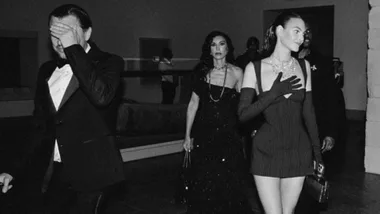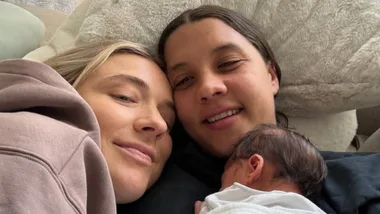Meghan Markle was fighting an uphill battle from the moment she joined the royal family, hounded by the public and press alike and facing a huge wave of online hate from the word go.
Since becoming a royal, it only got worse. The run-up to the couple’s wedding was overshadowed by Thomas Markle drama and cruel reports of Meghan making Kate Middleton cry, pitting the royal sisters-in-law against each other.
Then, during her pregnancy, the speculation got even more vicious, with even George Clooney stepping in to voice his shock at the unprovoked abuse aimed at her, from body shaming to constant slander against her in the tabloids.
There are reports that the Palace’s ‘no comment’ rule and therefore her inability to defend herself was the aspect of royal life that Meghan found hardest to deal with.
It has recently emerged however that Meghan reportedly had another issue with royal life, the way royal women are seen and the pressure that comes with it.

Celebrity biographer Sean Smith opened up to Express.co.uk ahead of the release of his new book, Meghan Misunderstood, explaining how a strong and empowered woman like Meghan was always going to have a problem with the way royal women are viewed.
“I think one of the problems women face in the Royal Family is that they are lauded only for their womb and their wardrobe,” he explained in the interview.
“I don’t think I’m the only person to have said that.”
The biographer continued: “I think they made the right decision for them. I think Meghan has quickly refound herself, she’s refound her voice which I think is really important. From the very beginning she had to give up things that were very important to her. We must remember that Meghan was a woman of substance coming into the Royal Family. She had devoted herself to important things in the world; female empowerment, gender equality, the issue of racial injustice.”
Prince Harry and Meghan Markle were eventually forced to step down from their royal family roles, become financially independent and relocate to California for the sake of their mental health.
This article originally appeared on marie claire UK.










